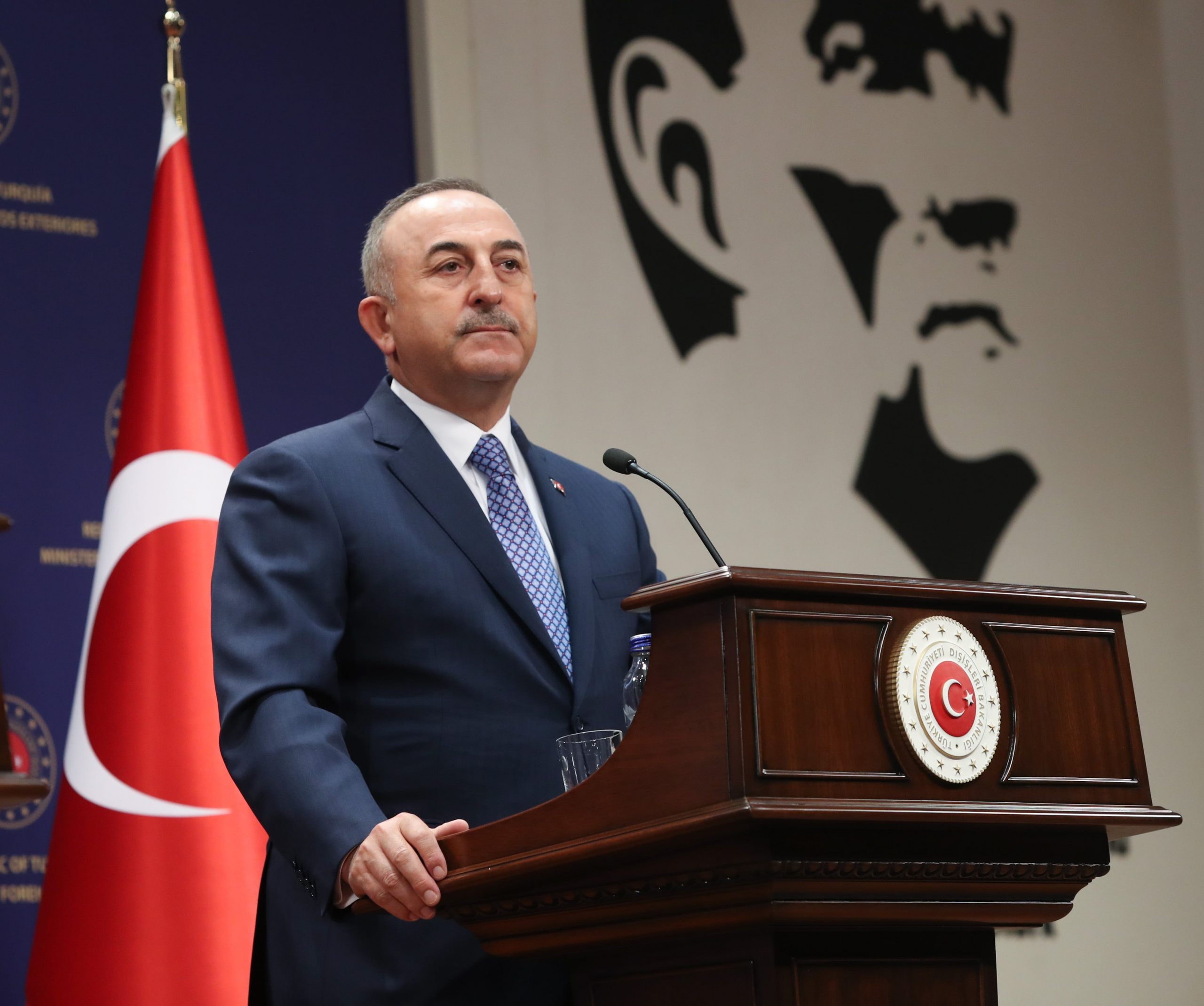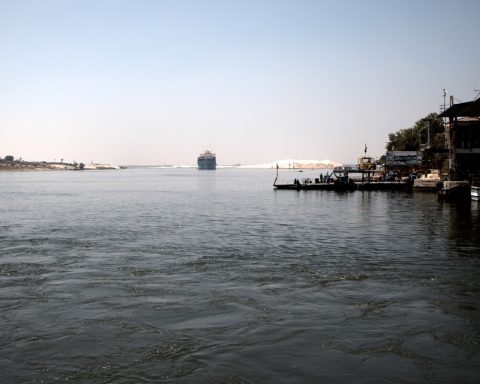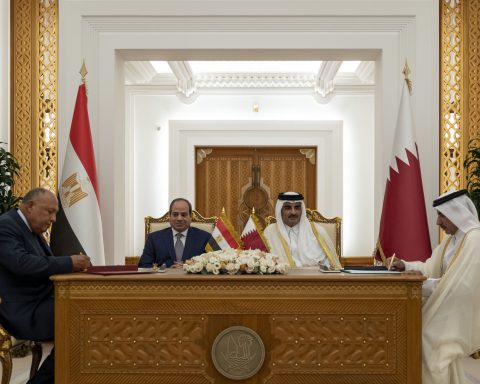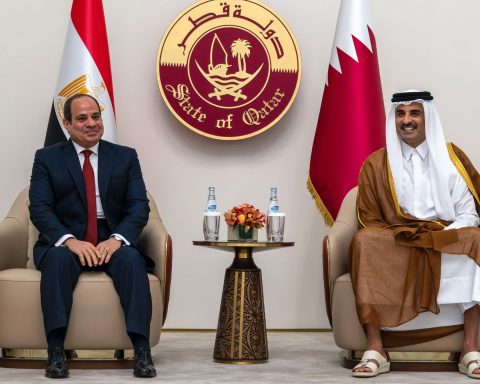On Friday, speaking at the press conference following his return from a two-day visit to Qatar where he came together with the Qatari Emir Sheikh Tamim bin Hamad Al Thani, Qatari Foreign Minister Mohammed bin Abdulrahman bin Jassim Al Thani, his Russian counterpart Sergey Lavrov, and Turkish Foreign Minister Cavusoglu announced that the diplomatic relations with Egypt have been restarted. The relations between Egypt and Turkey deteriorated in 2013 with the overthrow of the first democratically elected president Mohammed Morsi by a coup d’etat, which Turkey strictly condemned. After 8 years of silence, signals came from both sides with regards to the restoration of bilateral relations. In other words, for those who closely monitor the region, this step was not surprising. However, it should not forget that there have been several developments that triggered this last-minute development between Turkey and Egypt. In order to get a comprehensive outlook, it would be better to look back at these developments, which give a path to the Turkish-Egyptian rapprochement.
It can be said that Turkey and Egypt had three main disagreements causing the deterioration of the relations. As stated before, the first of them was related to bilateral relations. When Morsi was overthrown by a coup d’etat led by General Abdel Fattah el Sisi, Turkey was one of the first countries that did not recognize the new administration. In response, Egypt accused Turkey of intervening in its internal affairs. Then, the relations between the two states broke down. The second disagreement point was Libya. While Egypt has been supporting Khalifa Haftar, who has attempted to overthrow the legitimate government since 2014, Turkey had to make attempts to protect its interest in the region. This situation diverged the two states against each other. The third object at hand was the East Mediterranean. In this issue, Egypt cooperated with Greece and the Greek Cypriot Administration of Southern Cyprus (GCASC) against Turkey. This bloc signed several agreements and established the EastMed pipeline project by ignoring Turkish rights in the region. Due to these issues, Turkish-Egyptian relations have remained tense until today.
However, it is seen that both sides have given signs from time to time regarding that the tension could be eased. For instance, it is seen that Egypt showed respect for the Turkish continental shelf in the Mediterranean while it was signing a demarcation agreement with Greece. This move was welcomed by the Turkish authorities. Early in March, Turkish Foreign Minister Cavusoglu made a statement affirming speculations that Turkey and Egypt may discuss a maritime demarcation agreement if the conditions of bilateral ties would allow. Turkish Presidential Spokesperson Ibrahim Kalın, on the other hand, stated his country’s readiness to cooperate with Egypt in several issues, including the Eastern Mediterranean, Libya, and the Palestinian issue. Similarly, Turkish Defense Minister Hulusi Akar welcomed Egypt’s decision to respect Turkey’s continental shelf while conducting seismic exploration in the Mediterranean Sea. He evaluated this move as an important development. As the developments continue in this way, question marks came to mind regarding what the main reason behind these developments is. In this context, it can be speculated that international and regional developments have come to the forefront. At the international level, it can be said that the Biden administration had effects on the politics of countries in the region. The US administration has frequently stated its intention to reverse Trump-era politics. In this sense, regional states have been trying to adjust their policies according to these new international circumstances. At the regional level, on the other hand, it is seen that some divergences between Egypt and its Gulf partners, namely Saudi Arabia and the UAE, have erupted on several issues, including the Eastern Mediterranean and Libya. Egypt has realized that being in the opposite bloc against Turkey in these issues is not a fruitful investment. In this sense, the reassessment of old policies became a necessity for Egypt.
Given these facts, Turkey and Egypt start off a new way which is thought to be beneficial for the region. It is clear that there are many steps that should be taken on this path. In fact, Turkish Foreign Minister Mevlut Cavusoglu emphasized this aspect in his statement expressing that a complete normalization will take time. A lack of trust between the countries in such a situation is normal, he said. However, the Turkish Foreign Minister also said that negotiations would be conducted without preconditions, which is important to set aside differences.














